According to the draft, the tariff rate on steel imports exceeding quota limits will be raised from 25% to 50%. In addition, a new “melt and pour” rule — requiring documentation of where the steel was actually melted and poured — will come into effect. This development marks the beginning of a new era in Europe’s steel supply chain and has sparked notable reactions across the industry.
“A 50% tariff sounds unbelievable, but…”
Experts say that while the decision may seem harsh at first glance, it serves as a desperate buffer for Europe in the face of global competition.
One analyst commented: “A 50% tariff sounds unbelievable, but in reality, it’s a desperate move by the EU to turn global competition to its advantage. Energy costs are high, green transition investments are expensive, and the carbon tax adds extra burden. If cheap steel enters under these conditions, Europe’s green transition plan would collapse.”
At the same time, there is no consensus within Europe itself. “Automotive manufacturers in Germany see such measures as cost-driving, since they rely on cheap steel. But the country’s steel producers say they are on the verge of collapse. So these decisions represent both protection and a kind of internal economic conflict.”
Another expert highlighting the “melt and pour” rule noted that it shows how the EU is now focusing not only on trade figures but also on the origin of production.
“This is not just about steel — it’s the redefinition of industrial policy”
Commentators suggest that the Commission’s move goes beyond steel, marking a broader transformation in Europe’s industrial strategy.
“The EU is now shifting to a stance of ‘We protect our producers; we may produce at higher costs, but we’ll keep control.’ This is a sharp departure from the old Europe that treated free trade as sacred. It’s no longer just about price, but about strategic independence.”
They also warned of a domino effect across global supply chains: “Steel that can’t enter Europe will flood other markets, pushing prices down and intensifying competition. While one side builds walls, the other fills warehouses — leading to a new global trade imbalance.”
“EU steel shares surged, but demand remains uncertain”
Market analysts reported sharp gains in steelmaker stocks following the announcement:
ArcelorMittal: +5%
Salzgitter: +8%
Thyssenkrupp: +2%
“This suggests rising expectations for EU steel producers to increase prices. However, the construction sector is struggling, so it remains unclear whether demand will support this price rise.”
“Turkey was late to respond — but remains flexible”
Experts believe that the EU’s protectionist stance is becoming permanent. This trend is expected to bring new restrictions not only in steel but also in scrap, aluminum, and even gold exports.
“The EU will impose limits on both imports and exports first scrap, then aluminum and other valuable metals. Turkey was late to react, but it’s one of the most flexible players. It has strong ties across Africa, the Balkans, the GCC, the Dominican Republic, and South America. Despite operating below capacity, Turkey will continue to survive with value-added production.”


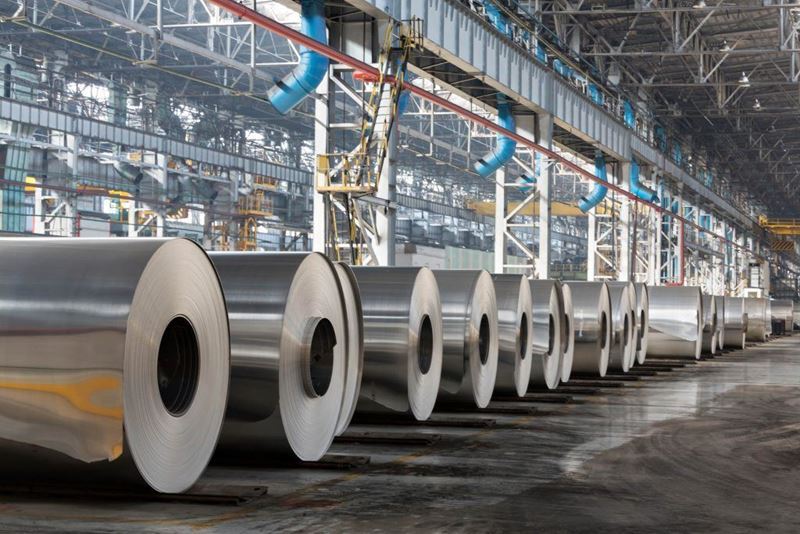

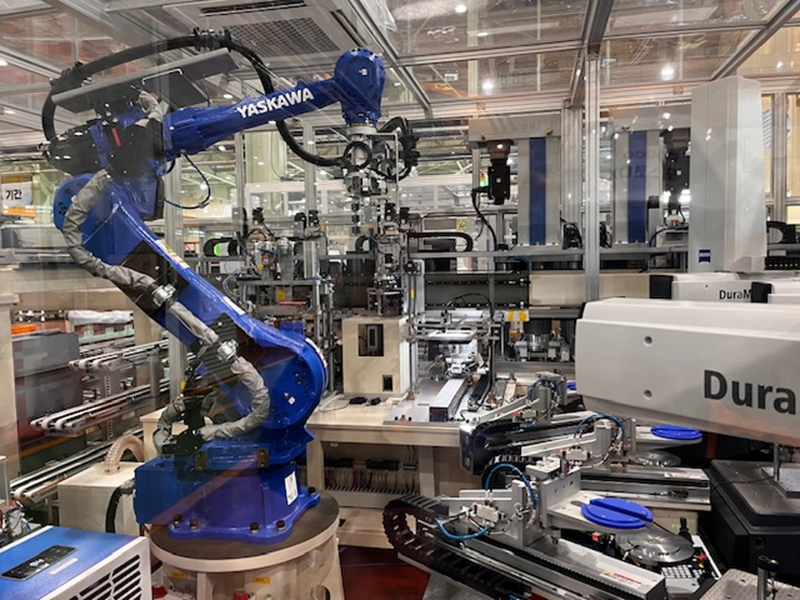
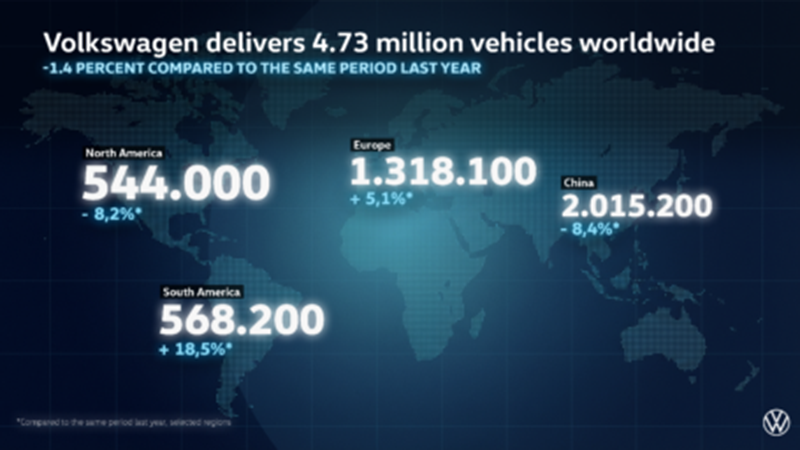
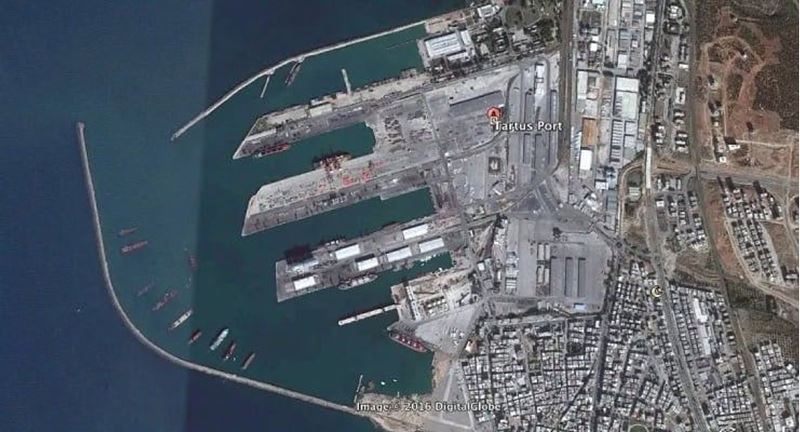
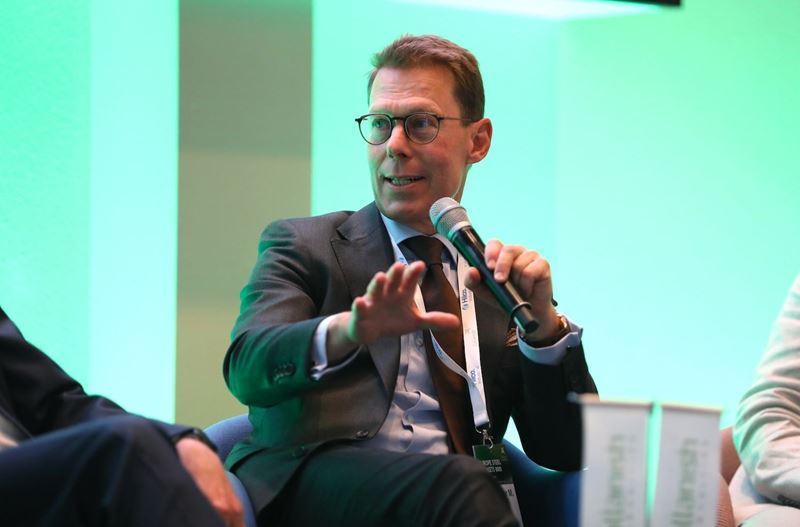


Comments
No comment yet.